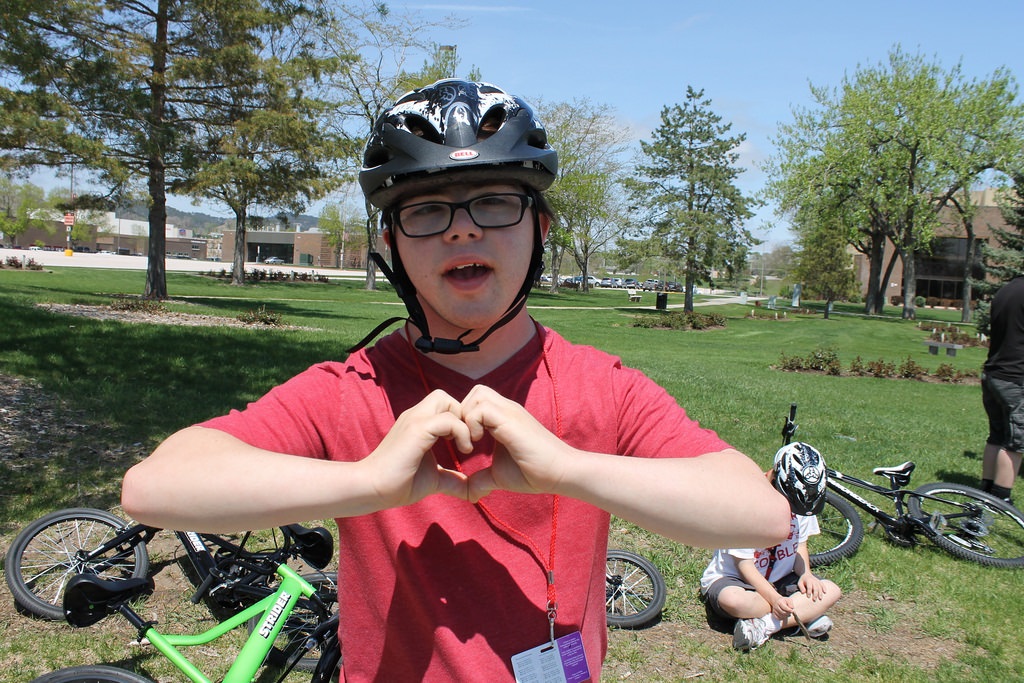Special Needs and Depression

A 2012 study found that while approximately 6 percent of the general population experiences depression in any one year, up to 20 percent of those with learning disabilities do so. Youth with special needs other than depression are at a higher risk for the latter condition. This likely is due not only to the struggles that result from their physical or intellectual differences, but also to how they often feel excluded by or from their peers. Teens and children with special needs can be bullied and shunned by their classmates. This, more than any aspect of their disabilities and the challenges that result, is the greatest predictor of depression and anxiety.
Special need students are more likely to be victims of bullying if they have learning disabilities; speech impairments; and are clumsy, “off task” or disruptive. Possessing poor social or emotional skills also is a risk factor. In fact, many symptoms presented by students with learning disabilities, such as anger, being tired or withdrawn, and exhibiting faulty personal hygiene or independent living skills, also are signs of depression. “Diagnostic over-shadowing” takes place when these occurrences are thought to be caused solely by the youth’s learning disability; and mental health issues, such as depression, are not considered due to the mistaken belief that they are mutually exclusive conditions instead of ones that can overlap. There also can be concern about attaching another “label” to a student, which could further stigmatize him or her.
Youth with learning disabilities more frequently have negative perceptions of themselves, their environment and the future. They tend to be less optimistic about achieving success when facing new challenges and are not as satisfied by problem solving. The transition period from youth to adult-centered services in late high school is a time when special needs students are particularly vulnerable to mental health issues such as depression. This can be due to a lack of opportunities for realizing their aspirations (such as attending college or obtaining a satisfying full-time job) and the loss of their social networks as they leave high school.
Traditional symptoms of depression, including sleeping and eating more or less than usual, are not necessarily reliable indicators in students with special needs. Consider seeking help if you or your child are not as interested in friends, school and normal activities as before, and demonstrate poor self-esteem or self-control. Developing special talents and interests; befriending a favorite teacher at school; brainstorming solutions to particular problems, such as navigating the cafeteria at lunchtime; emphasizing that they are accomplished and strong enough to handle their challenges (without minimizing them); and being engaged in stimulating activities from reading to new forms of exercise also can help combat depression in youth with physical or intellectual differences.
Thank you to Natalie, a librarian who recently E-Mailed suggestions for other resources to add to the website, including those for people with disabilities!